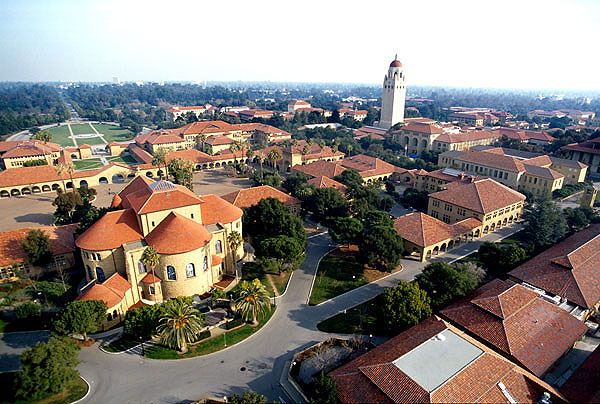In today's rapidly evolving world, education plays a crucial role in shaping individuals and societies. One of the most common questions asked is whether most people in America go to college. This blog post aims to explore the prevalence of college attendance in America, the reasons behind this trend, and the numerous benefits that higher education offers.
- The Current Landscape of College Attendance:
In America, pursuing higher education has become increasingly common. According to recent statistics, approximately 66% of high school graduates enroll in college. This trend can be attributed to several factors, including the growing demand for skilled professionals in various industries and the perception that a college degree leads to better job prospects and higher earning potential. - Factors Influencing College Attendance:
a) Economic Factors: The rising cost of living and the competitive job market have made a college degree a necessity for many individuals. Higher education is often seen as a pathway to secure stable employment and financial security.
b) Social Pressure: The societal expectation of attending college has also contributed to the high college enrollment rates. Parents, peers, and even employers often place a significant emphasis on obtaining a degree.
c) Access to Education: The availability of scholarships, grants, and student loans has made college more accessible to a broader range of individuals, regardless of their socioeconomic background. - Benefits of Higher Education:
a) Enhanced Career Opportunities: A college degree opens doors to a wider range of career options and increases the likelihood of securing higher-paying jobs. Many professions, such as medicine, law, and engineering, require advanced degrees for entry.
b) Personal Growth and Development: College provides a unique environment for personal growth, critical thinking, and self-discovery. Students are exposed to diverse perspectives, engage in intellectual discussions, and develop essential skills such as problem-solving and communication.
c) Networking and Connections: College campuses serve as hubs for networking and building connections. Students have the opportunity to interact with peers, professors, and industry professionals, creating valuable relationships that can benefit them throughout their careers.
d) Cultural and Global Awareness: Higher education fosters cultural and global awareness by exposing students to different cultures, ideas, and perspectives. This exposure promotes tolerance, empathy, and a broader understanding of the world.
Conclusion:
In conclusion, the prevalence of college attendance in America is significant, with a majority of high school graduates opting to pursue higher education. Economic factors, social pressure, and increased accessibility to education all contribute to this trend. The benefits of higher education extend beyond career prospects, encompassing personal growth, networking opportunities, and cultural awareness. As the world continues to evolve, investing in higher education remains a valuable and rewarding endeavor for individuals seeking personal and professional growth.

